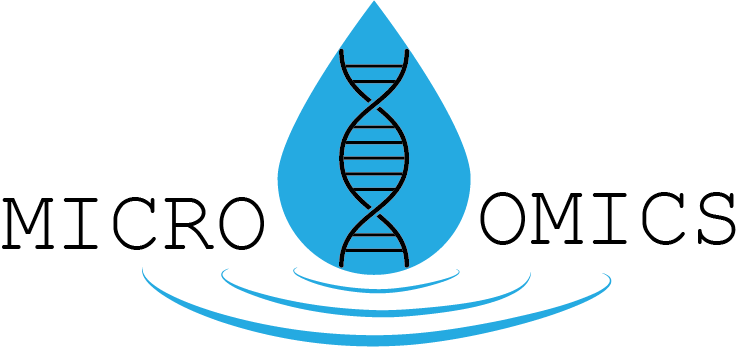Invisible to the naked eye, microbes are the most abundant organisms on earth, yet the extent of their diversity and influence remains largely unknown. Our laboratory explores the distribution, diversity, and evolution of microbes in marine ecosystems. In particular, we are interested in how ecosystem change (e.g., pollution and eutrophication) impacts natural systems. We view microbes as nature’s first responders, and to measure the impact of ecosystem change, we use microbes as biological indicators. We are currently investigating how marine microbial communities respond to plastic and sewage pollution. These pervasive contaminants have a detrimental impact on coastal ecosystems, leading to habitat loss and the disruption of marine food webs. Societal outcomes include coastal resilience, data-informed coastal management, and place-based conservation. We also endeavor to understand the connections between oceans and human health. For this purpose, we investigate the ecology and pathogenesis of bacteria belonging to the Vibrio genus, which contains several pathogens (e.g., V. cholerae, V. vulnificus, and V. parahaemolyticus).
